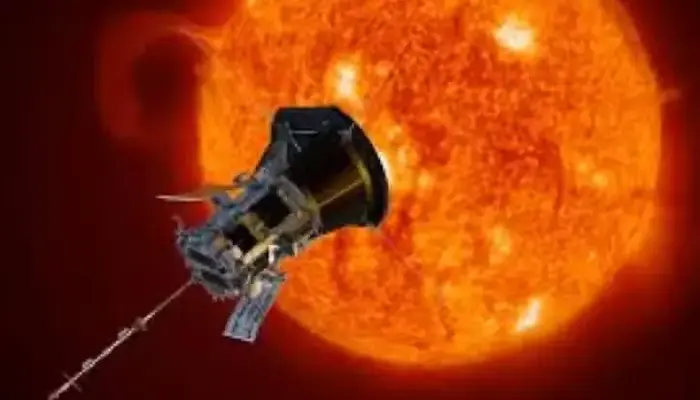NASA Parker Solar Probe has redefined space exploration by achieving the closest-ever approach to the Sun. The probe ventured within 6.1 million kilometers of the solar surface, collecting vital data about the Sun’s outer atmosphere, the corona. This milestone not only advances solar science but also highlights humanity’s bold leap into uncharted territories. As confirmation …
Continue reading “NASA Parker Solar Probe Achieves Historic Closest Approach”
